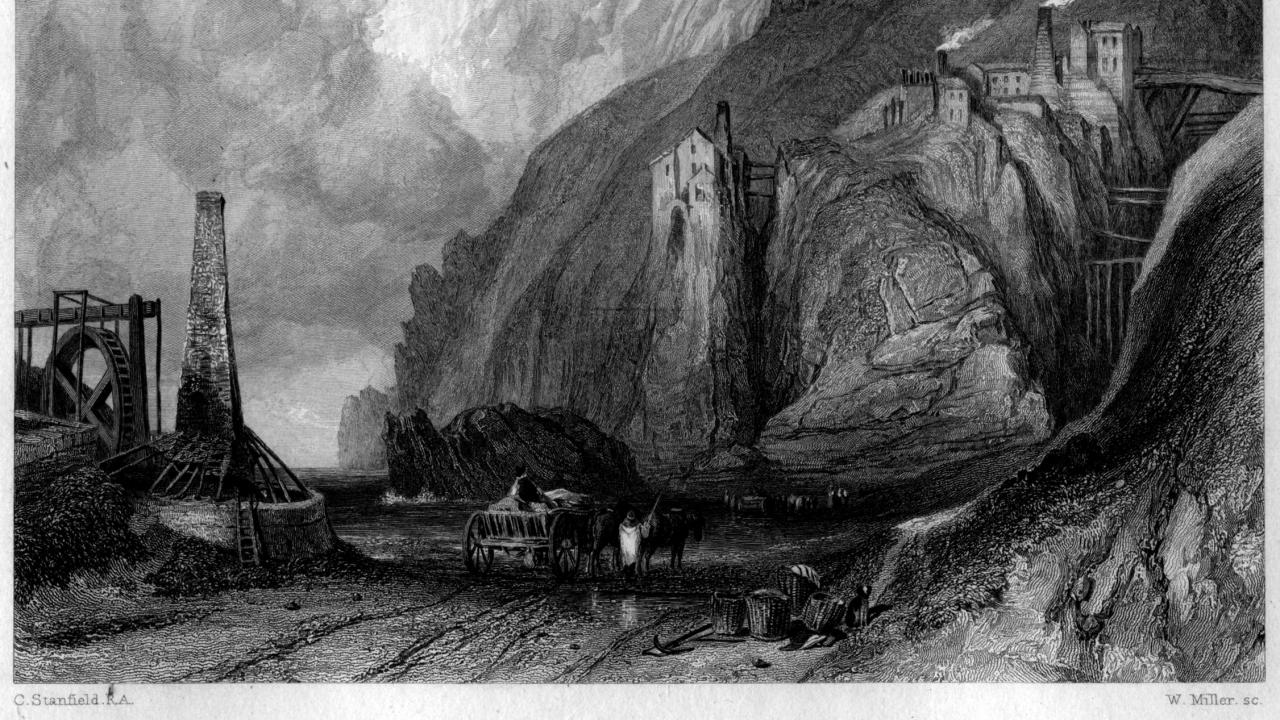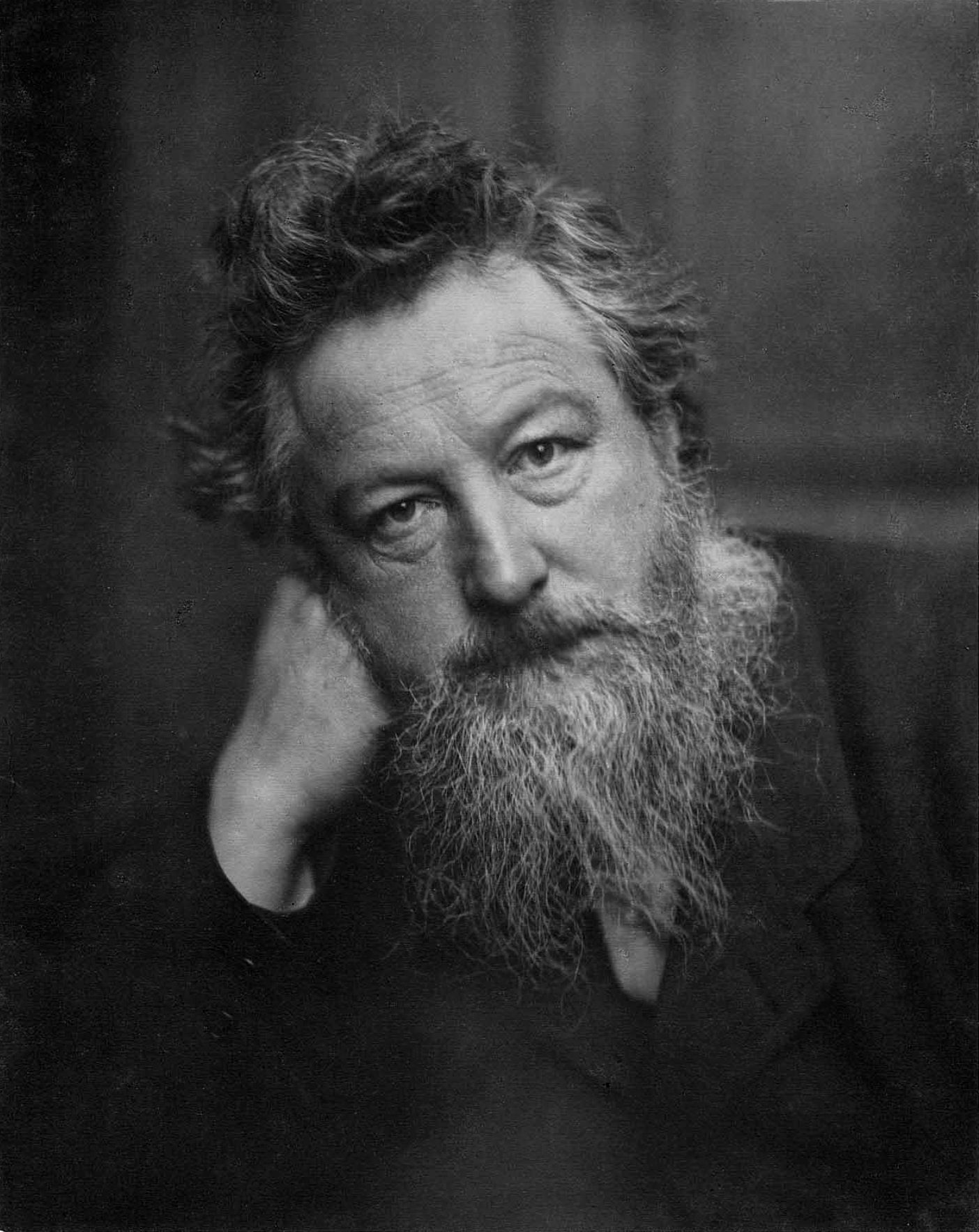
Book about Mining’s Effect on Literature Garners Support from NEH
English professor explores how coal-fired technologies changed natural and cultural worlds.

The National Endowment for the Humanities awarded a fellowship this week to English professor Liz Miller to support her work on a book about industrial mining and its effects on 19th- and early 20th-century literature.
The $60,000 award, announced Dec. 12, will enable Miller to spend the 2019 calendar year writing Extraction Ecologies and the Literature of the Long Exhaustion, 1830s-1930s.
The project looks at extraction of coal, gold, silver and other underground resources in the industrial era, as well as “extractivism” — the economic, ecological and social relations shaped by that mining.
“I am interested in the way that steam power and new coal-fired technologies led to a boom in the mining of all kinds of underground resources across the British Empire in the 19th century, and the way that literature changed with the rise of extractivism in the industrial era,” she said.
“In examining fiction and nonfiction prose from the 1830s–1930s, I find that a horizon of ‘exhaustion’ comes to replace the cyclical, regenerative narrative structures that had emerged in agricultural rather than industrial societies.”
The transition to fossil fuels
Miller said she is focusing on British fiction because Britain was the first society to transition to a fossil-fuel based economy. However, many of the literary works she considers are set in South America (where many British-led extraction projects were based during this period), Australia, South Africa and the Caribbean.

Extraction Ecologies and the Literature of the Long Exhaustion, 1830s-1930s will be Miller’s third book. She began working on it in 2014, and says she was motivated by several factors:
- A desire to understand the roots of our current climate crisis.
- A contradiction in the life of an author she studies: “William Morris was an early environmentalist and yet his own family fortune came from copper and arsenic mining.”
- Her own family history. “A branch of my family emigrated to the U.S. in the 20th century to work the iron ore mines in Michigan, and I guess I always wondered about the journey my family took from an agricultural life in Italy to a mining life in Michigan.”
Miller, who joined UC Davis in 2008, also wrote Slow Print: Literary Radicalism and Late Victorian Print Culture (Stanford University Press, 2013) and Framed: The New Woman Criminal in British Culture at the Fin de Siècle (University of Michigan Press, 2008).
— Kathleen Holder, content strategist in the UC Davis College of Letters and Science
